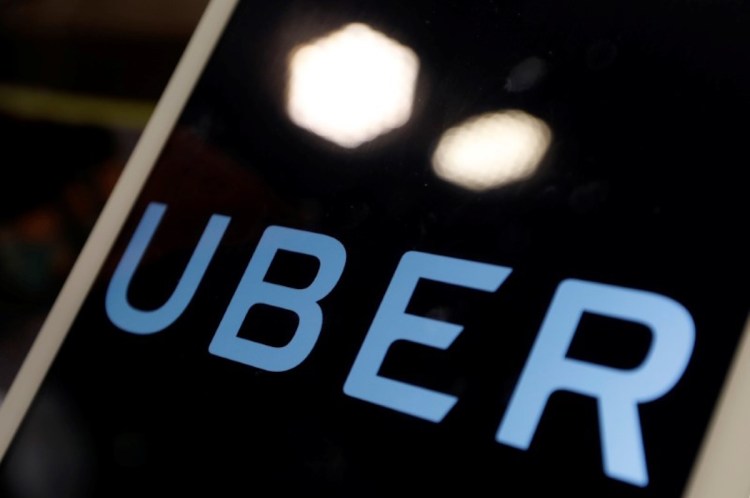Lyft, Uber’s main rival in its domestic U.S. market, announced a gargantuan $1 billion funding round yesterday, led by Alphabet’s CapitalG. This takes Lyft’s total funding to more than $3.5 billion. Today, Uber’s dominant Southeast Asian counterpart, Grab, announced a fresh $700 million cash injection (in debt financing), taking the Singaporean company’s total funding past the $4 billion mark.
These two mammoth funding rounds come as Uber fights a potentially costly trade secret lawsuit with Alphabet’s Waymo division in the U.S. and faces battles over losing its license in London, one of the company’s biggest markets globally. Though Uber’s London debacle is still subject to an appeal, Lyft is thought to be eyeing the U.K. capital as one of its first international markets.
Put simply, recent activities suggest that rival companies and investors are applying the proverbial boot while Uber is facedown on the ground.
Elsewhere…
Uber has already retreated in China and Eastern Europe after merging with Didi Chuxing (Didi) and Yandex, respectively. Throughout 2017, a number of notable strategic investments and mergers from competitors have come to fruition, which means Uber is facing challenges on multiple fronts. Back in August, Didi — China’s largest ride-hailing company by some distance — invested in Uber rival Careem, which is big in the Middle East, Africa, and Asia. But that’s not all. Didi had previously invested in Lyft in the U.S., in addition to backing India’s Ola, Europe’s Taxify, and Grab.
June 5th: The AI Audit in NYC
Join us next week in NYC to engage with top executive leaders, delving into strategies for auditing AI models to ensure fairness, optimal performance, and ethical compliance across diverse organizations. Secure your attendance for this exclusive invite-only event.
Didi’s deep pockets aside, Daimler’s MyTaxi merged with the U.K.’s Hailo last year and then snapped up Greek rival Taxibeat.
Uber has made no secret of its efforts to spend its way to world domination, but it’s clear money isn’t always enough to win the day — especially when local players and investors are prepared to join forces in opposition. Lyft has yet to make a dent outside the U.S., but its fresh cash influx will expedite the company’s global expansion, while Grab will cement its own place at the head of the table in a number of big Asian markets.
Uber is already facing an uphill battle in many markets, and coming on the heels of recent scandals, leadership chaos, and legal disputes, these latest deals won’t make its job any easier.

